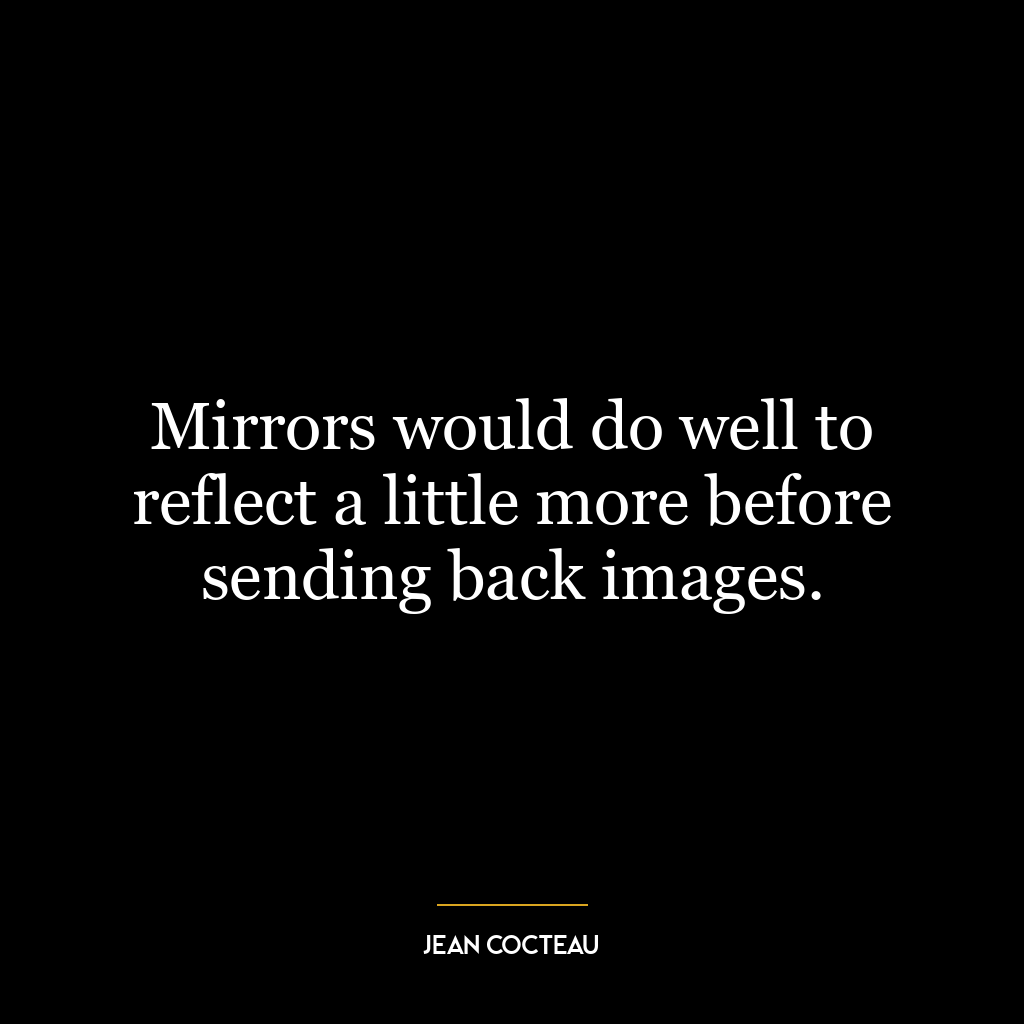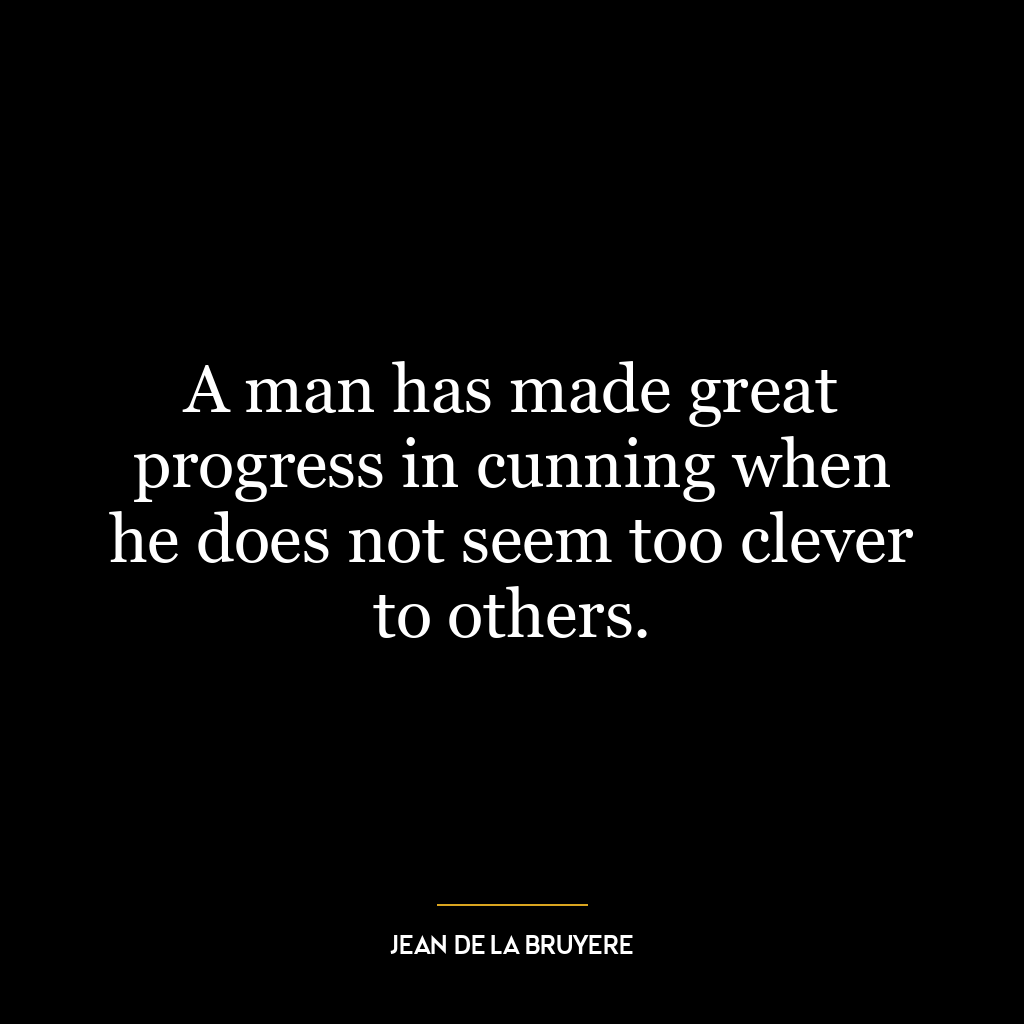This quote speaks to the human tendency to overlook or downplay our own shortcomings, especially when they are not publicly known or acknowledged. It is easier to forget or ignore our flaws when we are the only ones privy to them, as there’s no external pressure or judgment to confront or rectify them. This phenomenon is closely tied to our self-perception and the concept of cognitive dissonance, where we strive for internal consistency. When confronted with our faults, we experience discomfort and are likely to change our behavior or perception to reduce this inconsistency.
However, when our faults are not known to others, we can comfortably live in denial or ignorance, maintaining a positive self-image without the need for change or growth. This could lead to a lack of self-improvement or growth, as we’re not challenged to address our weaknesses or areas of improvement.
In today’s world, this concept is particularly relevant in the realm of social media, where individuals often present an idealized version of themselves, omitting their flaws and failures. This can further perpetuate the cycle of forgetting or ignoring one’s faults, as the curated self-image is reinforced by external validation.
In terms of personal development, this quote underscores the importance of self-awareness and honesty. Recognizing and acknowledging our faults, even if they are not known to others, is a crucial step towards personal growth and improvement. It challenges us to confront our imperfections, not as something to be ashamed of, but as opportunities for learning and development. It encourages us to break free from the comfort of ignorance and strive for self-improvement, regardless of external perception or validation.












